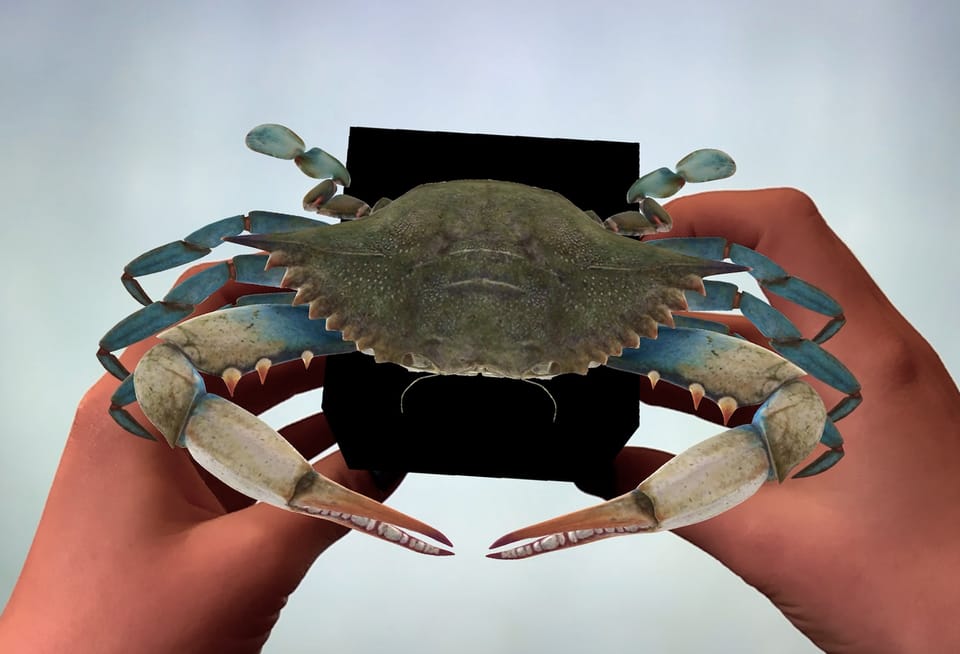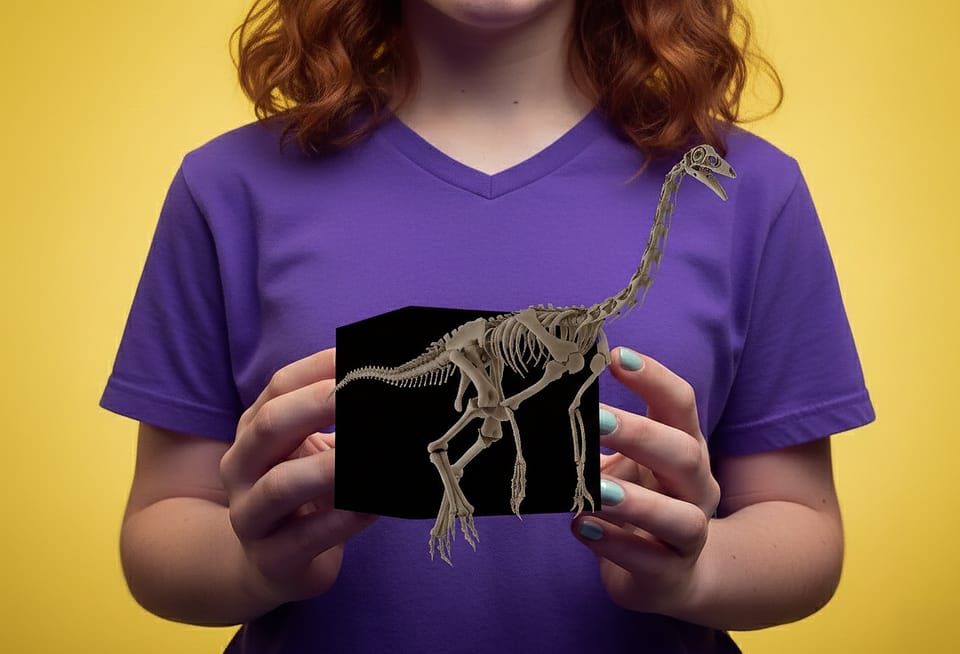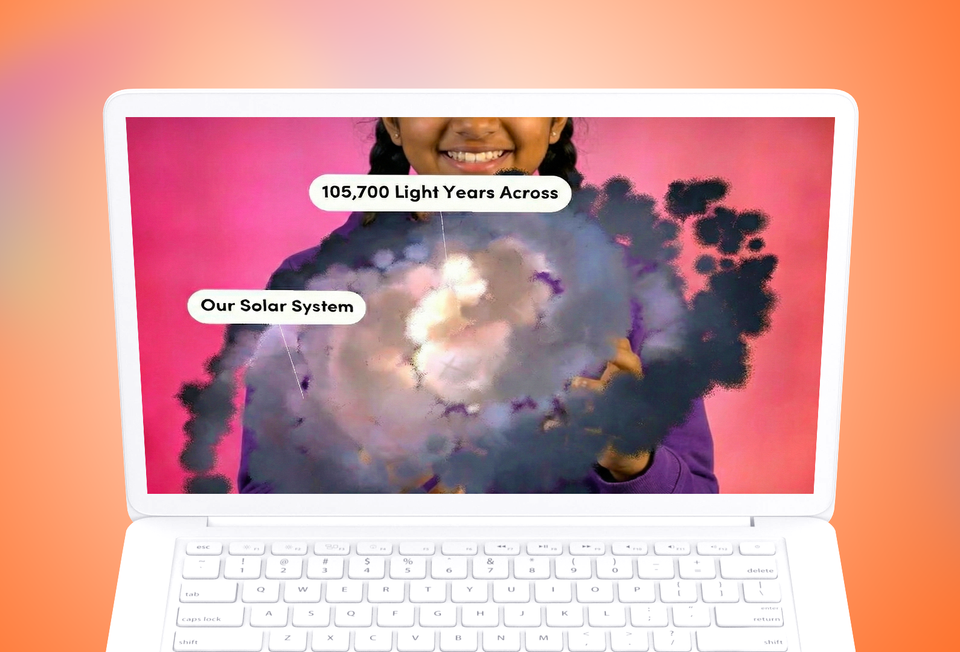Enhancing Biology Lessons: Using a Merge Cube to Learn about Cells in MS and HS
By using augmented reality (AR) in their lessons, teachers can revolutionize the way they teach about the types of cells, resulting in a more engaging, memorable, and effective learning experience for their students.
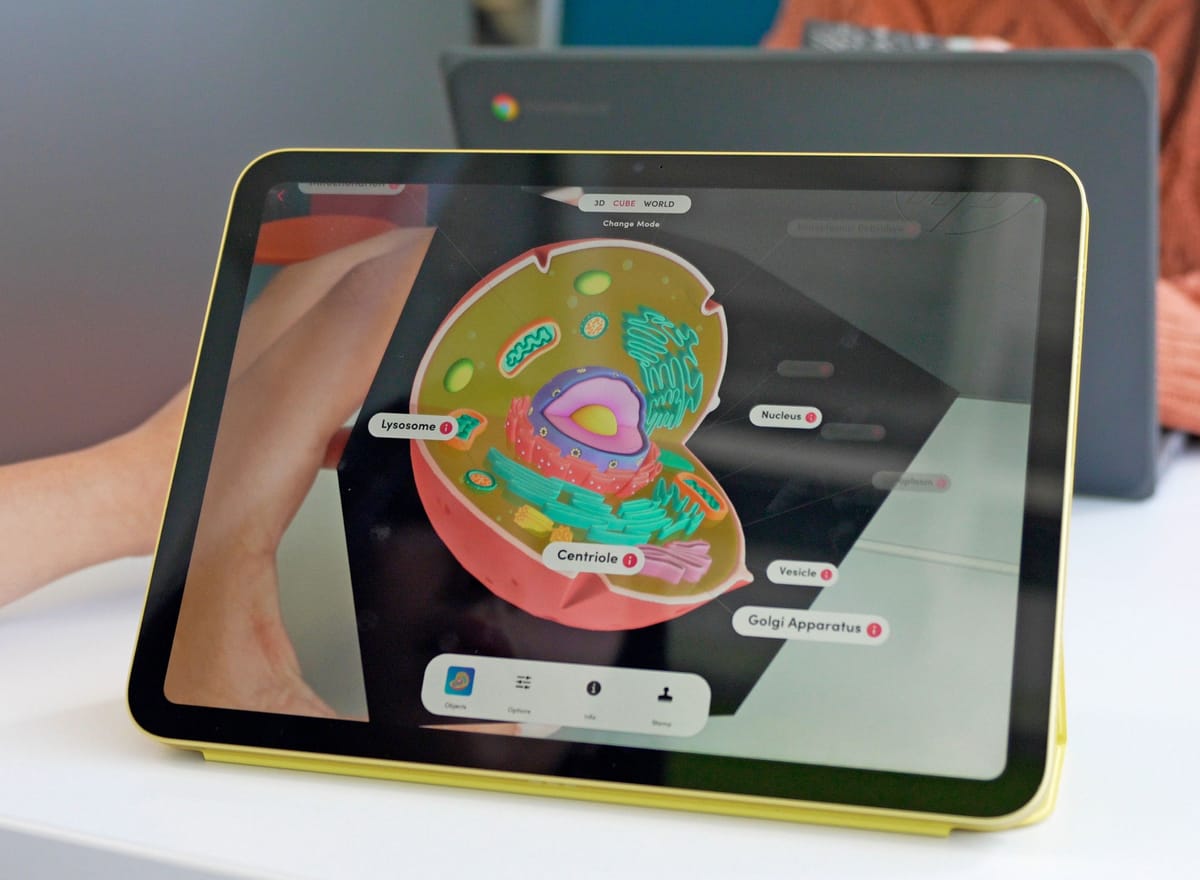
Whether they're just starting to learn about cells in middle school, or taking the learning further in high school, Merge EDU makes this normally abstract concept more concrete for students.
Sarah Clark, Biology teacher at Queen Anne High School in Scotland, uses the Merge Cube with her students to help students understand cell structure. She says that "Cells can seem very 2D to pupils, and the Merge Cube enables them to understand the 3D structure of the cell. This all adds to the learning and engagement of the topic!"
Welcomed our new higher human class back this week and had to get the @MergeVR cubes out as we started with cells. Looking at the organelles and labelling our diagrams pic.twitter.com/st98wVsEFM
— Sarah Clark (@Sfm36) June 2, 2023
How it Works
When a student uses the Merge Cube with a Merge EDU app and their device (iPad, Chromebook or smartphone), the cube can transform into a infinite number of digital manipulatives or simulations, that help them visualize various science and STEM topics in their hand, including cells.
With the Merge Explorer app, students can learn about the plant cell - that it's a eukaryotic cell with various organelles that have different functions. Students can manipulate the virtual cell by rotating the cube, zooming in, or even turning the labels on and off to practice the names of the organelles. This tactile interaction with the cell not only engages students, but also makes abstract concepts like cell structure and function more concrete.
In the Merge Object Viewer app, students get access to an entire collection of Prokaryotic and Eukaryotic Cells. Students can hold and observe not only a plant cell, but also an animal cell, a fat cell, a white blood cell, an amoeba, and more from every angle to learn about their structure and components.
Try them with your Merge Cube here 👇
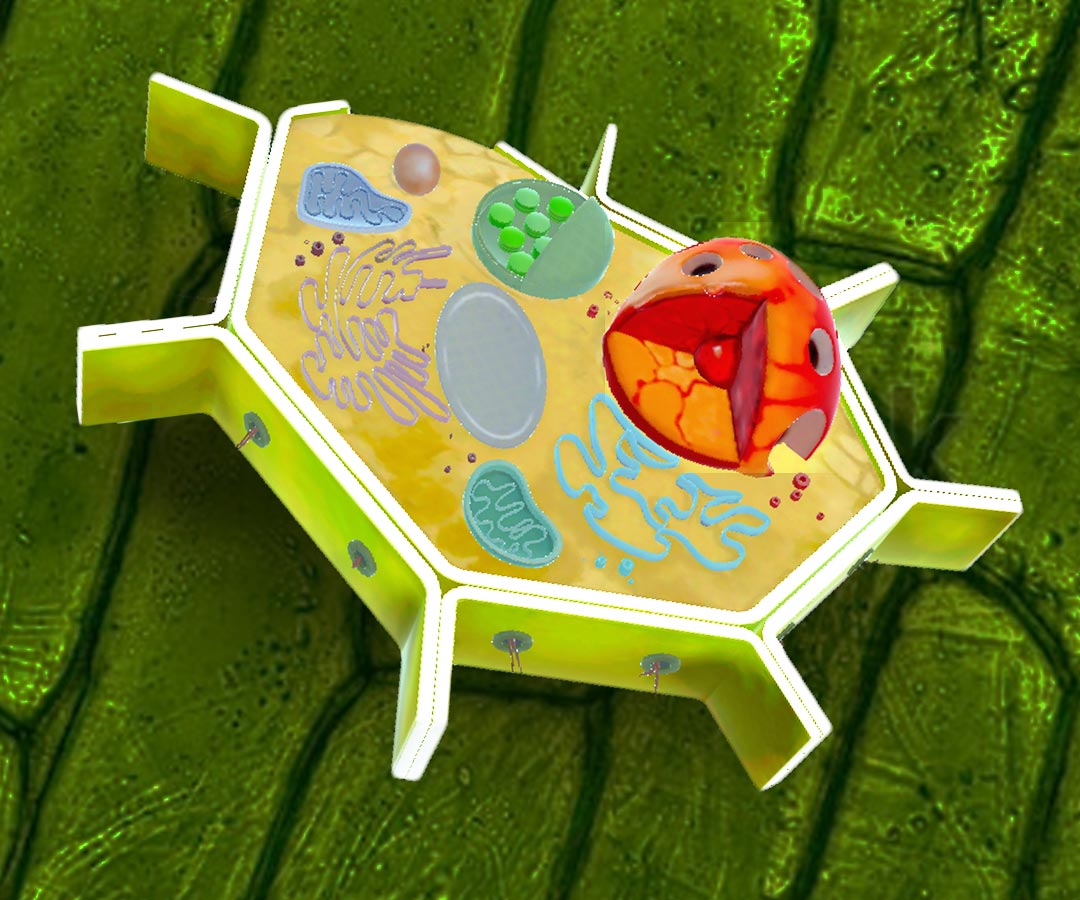

Teaching about cells to middle school and high school students using Augmented Reality (AR) and the Merge Cube aligns with the Next Generation Science Standards (NGSS), other US state science standards, as well as international science standards.
Mr Binhammer’s students examine a 3D cell model using a Merge Cube. @BedCoSchools @ShelbyvilleCHS pic.twitter.com/f7FOWhInUG
— Rebecca Tidwell (@rebecca_tidwell) October 1, 2020
Teaching science with Merge EDU also aligns with the Common Core standards of integrating technology and engineering in classroom learning, as well as the ISTE (International Society for Technology in Education) Student Standards which encourages the utilization of digital tools to expand creativity and construct knowledge. Learn more about the standards alignments for Merge EDU here.
Merge EDU leverages the power of AR to turn science learning into an exciting adventure where microscopic cells become tangible! It's a thrilling way to bring the minutiae of biology to life in the palm of a student's hand!



